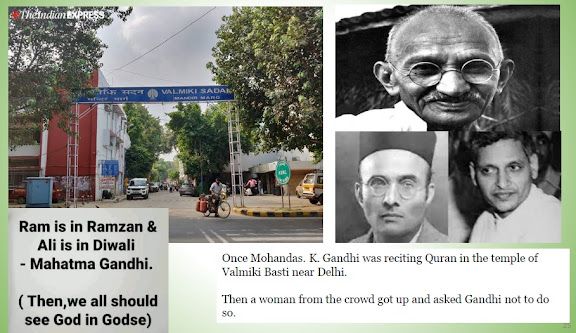YOU TOO, MARK ANTONY ! By Pavithran
Some Glimpses of Bloody History of Roman Empire as revealed through Cicero’s Letters to Titus Pomponius - An Atticus (Athen)
Cicero –(Died at the Age of 63 – 106 BCE – 43 BCE) was born a century before Christ and is the Father of the Republic Systems of Governance.
To uphold Republic in those ambitious and tumultuous aristocratic mentalities of elite few, Cicero had paid the price with his life – he was murdered by Mark Antony brutally and was humiliated in public – denying even a burial.
As a partisan of the Roman Senate, he even opposed the capture of the Roman state by Julius Caesar around 50 BC.
In spite of his opposition to Julius Caesar’s anti-democratic politics, Cicero in a letter from 65 BC wrote: “I beg to inform you that on the very day that Julius Caesar and Marcius Figulus were elected to the consulship, I was blessed with a baby boy.”
Cicero was a fine orator and many of his speeches have come down to us in full.
Cicero was a great correspondent as well: “It is said that his letters contain more details about the people and events of his time than any history books.”
As per Cicero, in 48 BC, Pompey – the General who was fighting the dictator Caesar on behalf of the Senate at the Battle of Pharsalus, was defeated by Caesar. Though General Pompey said, “Let us hope for victory, or death with freedom”, he could not live up to his words, but, fled to save his life.
See the fate – On March 13, 44 BC, Caesar was knifed near the theatre built by General Pompey which prompted Cicero to pen his following famous lines: “Good God, the tyranny lives on, though the tyrant is dead.”
Still Cicero could not stop admiring Caesar, as he named the month July in the same year of Caesar’s assassination to replace the existing name of Quintilis.
Much to the dismay of Cicero, Caesar was succeeded by the second triumvirate of Mark Antony, Octavian and Lepidus which marked the death of Republic in Rome Empire.
Fulvia was Mark Antony’s wife, who played a direct role in military events. She was one of several women who played very active roles in the series of civil wars that ended the Roman Republic.
As the wife of Mark Antony during the second triumvirate she was her husband’s most important agent in Italy, trying to halt the spreading authority of the rival triumvir Octavian (the future Augustus Caesar). Like Cleopatra VII of Egypt and unlike Octavian’s sister Octavia (both of whom later married Mark Antony), Fulvia played an active military role, even appearing on battlefields as her husband’s representative.
Fulvia became politically active when married to her first husband, the radical politician Pub-lius Clodius, and after his assassination it was her pleas to the Roman mob that won condemnation of his murderers. Her second husband, Gaius Scribonius Curio, was also a politician.
After Julius Caesar was assassinated (43 b.c.), Fulvia’s third husband, Caesar’s loyal supporter Mark Antony, became effective co-ruler of Rome alongside Caesar’s heir Octavian.
The relationship between the two was soon strained, and Antony could count on the loyalty of few people outside his immediate family. Thus Fulvia was raised to an unofficial lieutenancy.
Antony clearly trusted her; Cicero waspishly reports that Fulvia completely dominated her husband.
Cicero was far from impartial because Fulvia had been responsible for his exile from Rome after he had defended the murderer of her first husband.
Cicero fought tyranny and dictorship to his last day. After he was hunted down and killed on Mark Antony’s orders, his hands were cut off and put on display.
Antony’s wife Fulvia took Cicero’s head, pulled out his tongue, and stabbed it repeatedly with her hair-pin as revenge against Cicero’s power of speech.
But of course the power of his written word has far outlived him.
Thus Mark Anthony had become more disloyal and cruel than Brutus. “O, Mark Anthony ! You Too Brutus !” Crown will very much fit to him.










Comments